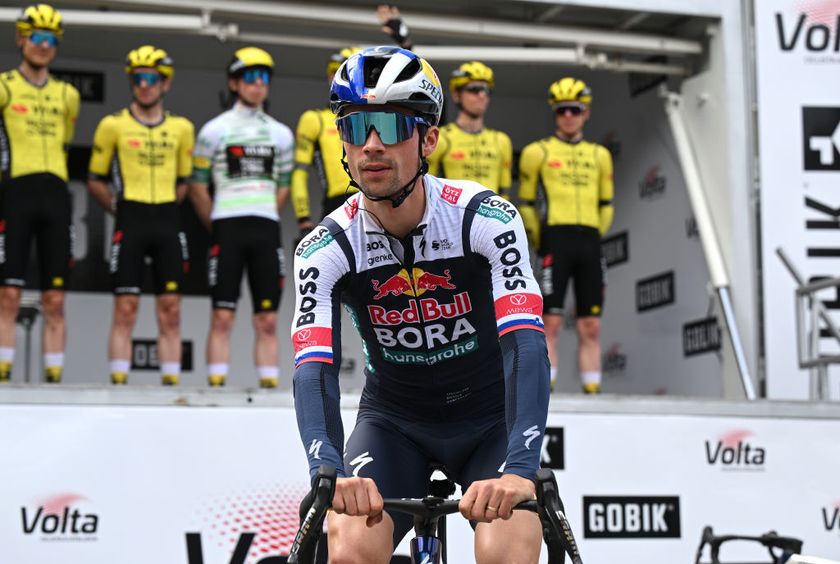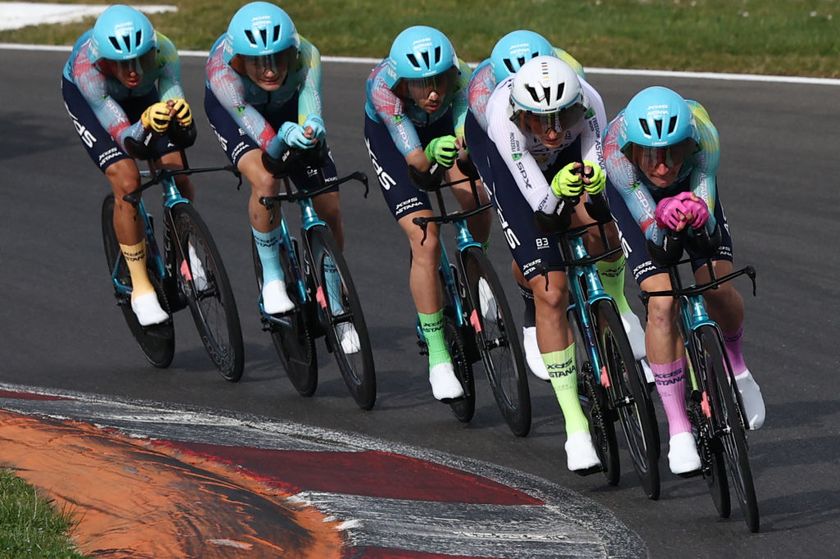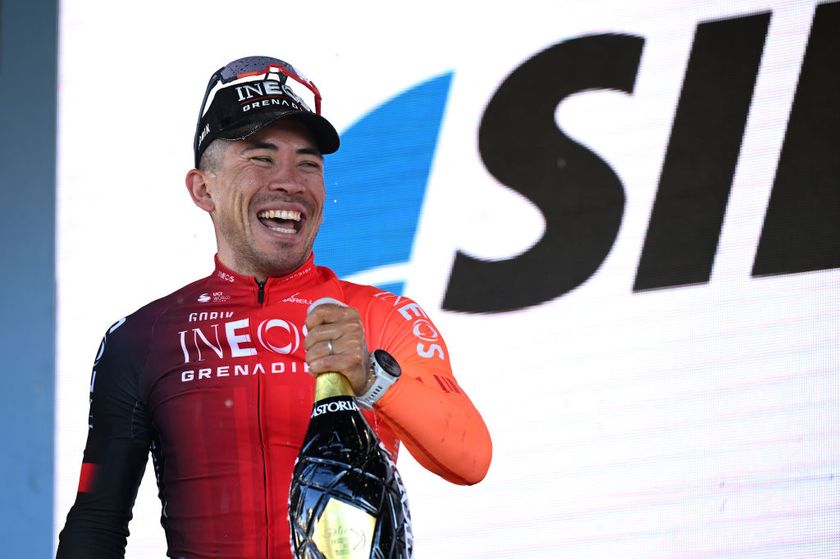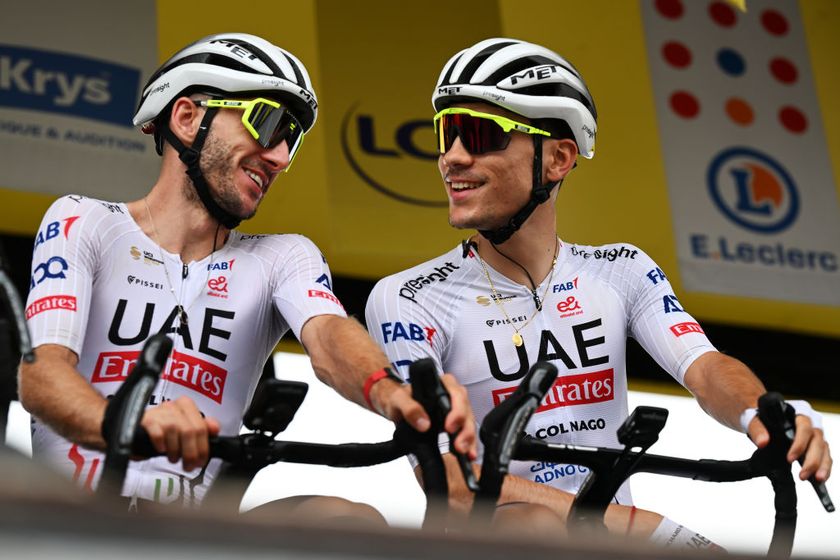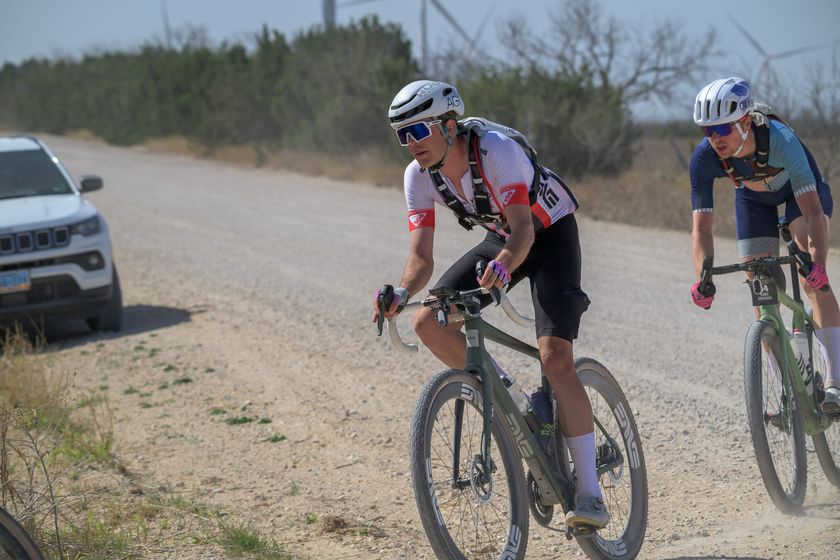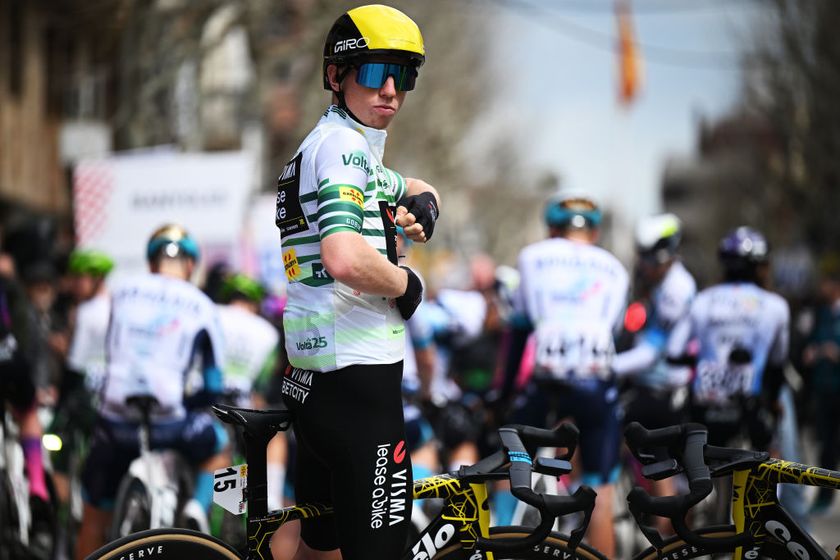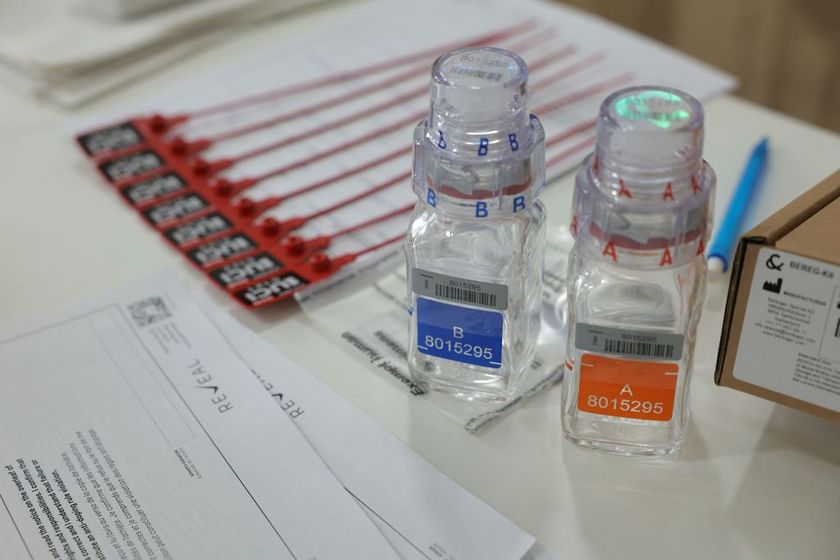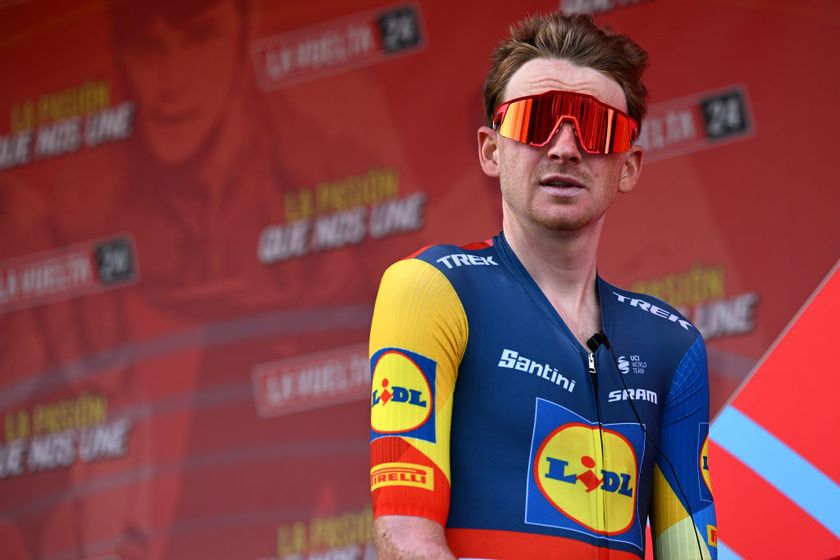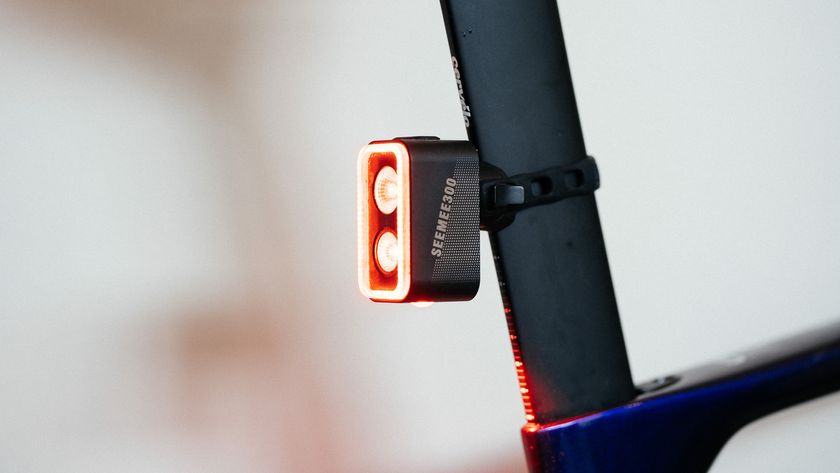Back-to-back summit finishes for the Giro d'Italia this weekend - Preview
White: We can't waste any opportunities for Esteban and Simon





After the briefest of breakouts for the sprinters on Friday, the Giro d'Italia 2018 returns to the mountains with a vengeance this weekend, with two very different summit finishes on the menu in the space of 24 hours.
Chaves and Simon Yates form two-pronged Mitchelton-Scott approach at Giro d'Italia
Giro d'Italia: Simon Yates cuts to the chase at Mount Etna
Giro d'Italia: Chaves seizes the moment at Mount Etna
Giro d'Italia: Hats off to Haig as he shepherds Chaves to victory on Etna
Reading the runes on Etna - Giro d'Italia Podcast
Simon Yates: We're riding with two leaders in the Giro d'Italia
Both stages are long: stage 8 on Saturday totals 209 kilometres and stage 9 on Sunday is exactly 225 kilometres from start to finish. However, Saturday's stage has a fairly unthreatening opening segment, with almost 150 kilometres along Italy's western coastline on mainly broad, easy roads. Although there is always the risk of crosswinds on such exposed terrain, the latest weather forecast calls for a light breeze at most for Saturday, so the real challenges will probably only come when the course turns inland at kilometre 154 after Salerno.
Although the peloton will have tackled some rougher segments of road in the first part of the stage, after Salerno they face a constantly undulating course on technical, narrow, winding and poorly surfaced roads.
There is every chance that the peloton will have fractured before the head of the race reaches the lower slopes of the final, second category Montevergine di Mercogliano climb. And that's hopefully without the tricky roads leading to any crashes that could cause additional splits in the peloton.
The Giro d'Italia has had stage finishes atop the smooth 17.1-kilometre Montevergine de Mercogliano five times in the past, and most recently in 2011. It has almost always ended with a small group sprint and done little damage to the overall. Sunday's stage 9 could well be a very different story altogether. Although the first 100 kilometres of the day is relatively unchallenging and only features minor climbs, the stage runs northwards up the mountainous 'spine' of central Italy for 225 kilometres and the second part could inflict real damage.
The action kicks off with the second category Roccaraso ascent, after a long drop back to the towns of Popoli and Bussi sul Tirino. The riders then face no fewer than 45 kilometres of climbing to the finish. This ascent is split into two parts, beginning with the first category Calascio ascent, and, after a brief segment of undulating roads, the second, much shorter, but far punchier Gran Sasso.
In total, the peloton will tackle 1,700 metres of vertical climbing on these last two ascents, compared to roughly 700 metres at Montevergine di Mercogliano, and 1,000 on the Mount Etna three days earlier. In fact, Sunday is so hard and potentially decisive, it could almost be described as the 'Queen Stage' of the entire Giro.
Get The Leadout Newsletter
The latest race content, interviews, features, reviews and expert buying guides, direct to your inbox!
For Matt White, manager of the Mitchelton-Scott team of race leader Simon Yates and Etna stage winner Esteban Chaves, there will be no changes in their aggressive climbing attitude over the weekend despite holding the maglia rosa. In his view, it's not in the interests of either Yates or Chaves to play a defensive game given the scale of the later challenges to come.
"Honestly, nothing changes. We're in as good a position as we could have hoped, but we've got a big weekend ahead," White told Cyclingnews on Friday.
"Saturday's summit finish is not the hardest of climbs, but a solid one. You'd expect quite a big group there, so it's basically making sure nobody on GC slips off the front and takes any time.
"Sunday's climb to Gran Sasso is a big day. I've raced up it myself, back in 1999" – when Marco Pantani won – "but I don't remember it so well. It's a long tough climb, it's not super steep, but it goes on forever. And you've got the first category climb before it and the Sasso goes up to 2,100 metres. That's high."
White does not feel that for either of his two riders riding up to this kind of altitude will represent a challenge. "Every GC rider has been to altitude at some point or another, and in our case for Simon [Yates], quite a bit recently" – since the Volta a Catalunya – "and for Esteban [Chaves], who grew up at 2,700 metres, 2,100 is like it's below sea level for him. But Mount Etna was only the first test; we've got many more ahead and these are the ones we've got to face first."
White confirmed that the strategy of having two protected GC contenders has not changed just because the pink jersey is sitting in one of his riders' suitcases right now. The Giro d'Italia battle has only just begun and although it is going Mitchelton-Scott's way, for now, these are the earliest of early days. And in that case, the strategy for both of them on the mountain stages remains clear.
"Esteban and Simon are our two leaders, and we'll run with two leaders until things change," White told Cyclingnews. "It's a real advantage to have two guys and we'll be playing those cards all the way through." He does not rule out a reversal of the strategy Mitchelton-Scott played on Thursday on the Etna, saying, "If Simon goes up the road, then Esteban can follow on the wheels, too."
The team's strategy, too, remains identical prior to the Etna. "Both our guys have to get time before the time trial because we know that as much as their time trialling is improving, we know that they can't match Tom [Dumoulin ] and Chris [Froome], in particular, in a TT as flat as that one [on stage 16].
"We can't waste any opportunities to take time. That started on Mount Etna and they have to take the time when they can get it."
This weekend would seem to fit that agenda – but whether Mitchelton-Scott can turn these two stages to their advantage will only become clear by Sunday evening, and the first rest day of the 2018 Giro.
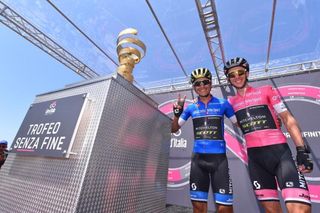
Alasdair Fotheringham has been reporting on cycling since 1991. He has covered every Tour de France since 1992 bar one, as well as numerous other bike races of all shapes and sizes, ranging from the Olympic Games in 2008 to the now sadly defunct Subida a Urkiola hill climb in Spain. As well as working for Cyclingnews, he has also written for The Independent, The Guardian, ProCycling, The Express and Reuters.
